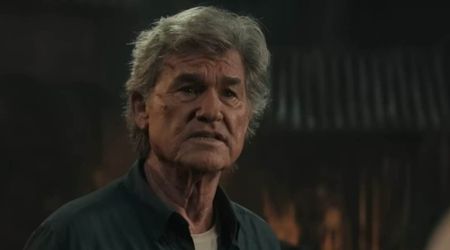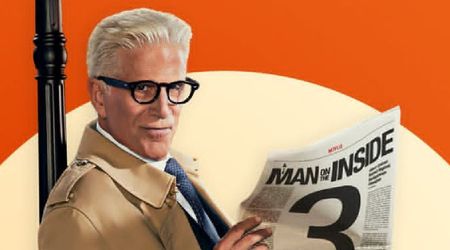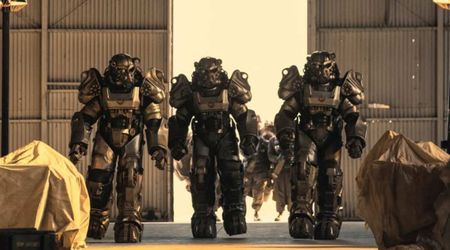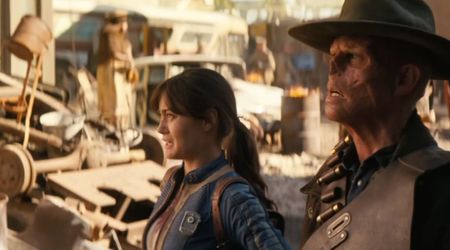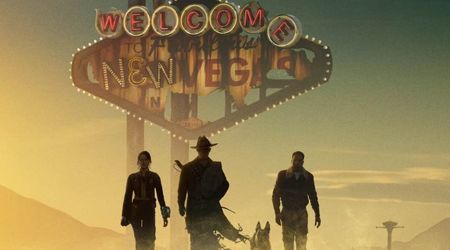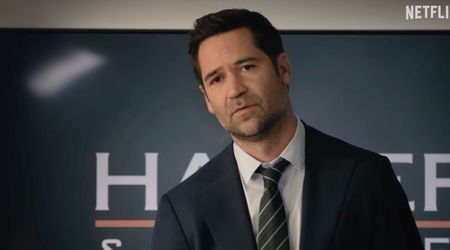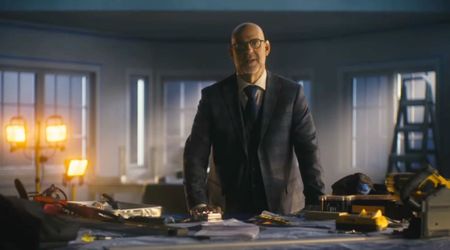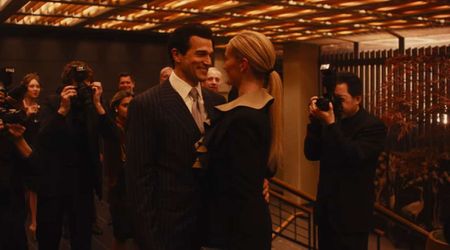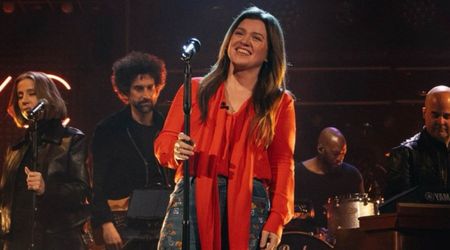'Woke' points out that not all Black people have a handle on the politics underpinning Black Lives Matter

The most powerful moment in 'Woke' is undoubtedly when Keef confronts the White cop, who assaulted him in Episode 1, in the last Episode 8, titled 'Blue Lies Matter'. In it, the cop files a defamation lawsuit against Keef for his comic about police brutality because his son, who saw him as "a hero cop", now sees him as "a thug". Keef, who wants the lawsuit to go away, agrees to a public meeting under the scrutiny of the press.
But he realizes he has to apologize to the cop after the cop has apologized to him -- therefore equating his 'transgression' of penning the comic strip about police brutality to the cop's actual assault. That is when he confronts the cop, one-on-one, and flicks beer at him because he is so incensed at his callousness.
But Keef's journey to that moment of confrontation is what makes the show worth watching. It portrays the reality of many Black, middle-class Americans, who live in multicultural, cosmopolitan cities like New York or San Francisco that provide enough of a bubble that allows them to ignore systemic or casual racism. Instead, they are too busy worrying about making rent or about their careers or other daily rigors of surviving in a city.
Until they are personally affected, like Keef, played by Lamorne Morris, they want to keep it light. Or be like John Legend, as the executive at the company holding the rights to Keef's comic strip, tells him. Get rich and then get woke -- but being woke before becoming famous just means you get broke instead.
It is this juggling of activism and economics that 'Woke' portrays best as Keef joins the "gig-economy" as a driver of a cab after his meltdown where he feels his publicity photo at the Golden Con makes him look like "Wesley Snipes in a Kabuki version of 'A Raisin in the Sun'".
It shows how the labor behind activism can be exhausting. This is why Keef, despite being Black, is willing to let casual racism slide because he doesn't want to be confrontational or be the proverbial wet blanket with activist or political art. He chooses not to 'see', 'hear' or 'talk' about uncomfortable things. So when he tells a co-passenger admiring his doodles that he is the creator of 'Toast n Butter' and the passenger says, "oh, I didn't think you'd be Bla-- tall...," finishing lamely, he chooses to ignore it.
When the executive of the firm managing his strip laughs about his strip never being mistaken as "too Black" in its sensibility, Keef chooses to ignore it. It is only when he is assaulted by a cop that he can't 'unsee' the racism around him. From how his neighborhood barbershop has been taken over by White hipsters to how quickly the rights to his own art is taken away from him as soon as he expresses some political cred.
As he navigates his Blackness at this moment in history, we get some sharp truth-telling that not only holds up a lens to White America but also elite Black America, who have been cushioned somewhat by their education and class privileges.
'Woke' premiered on Hulu on September 9.

